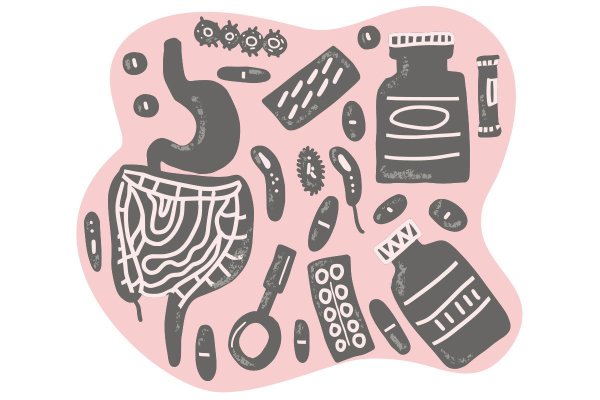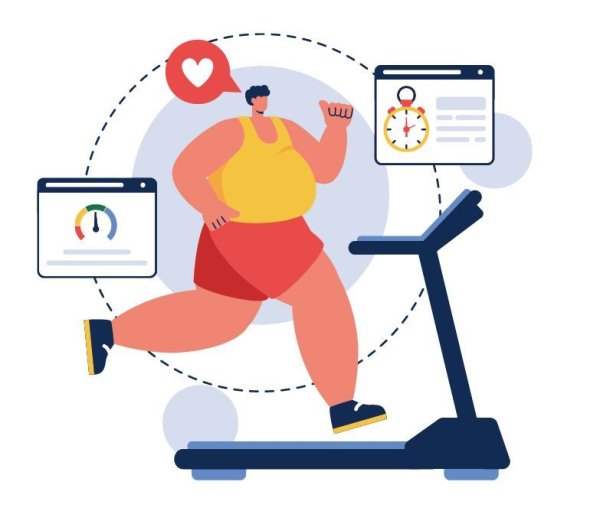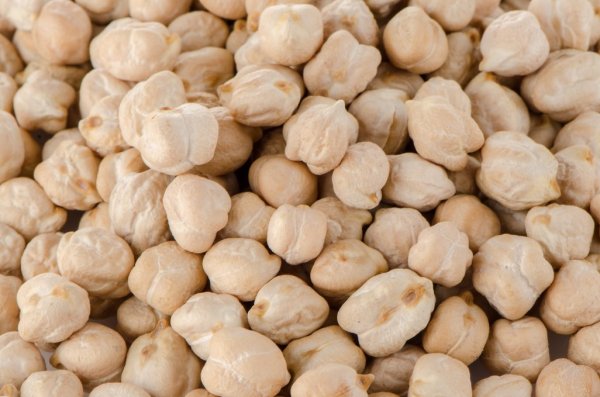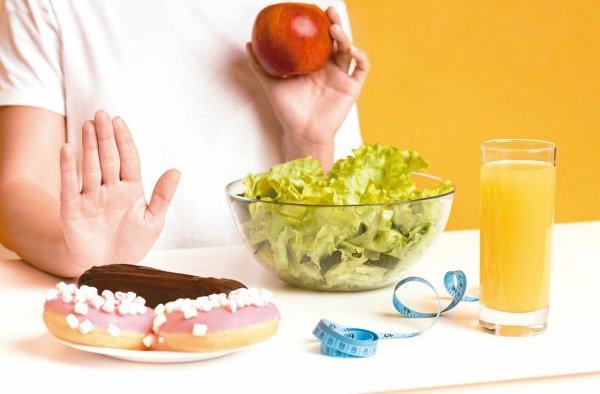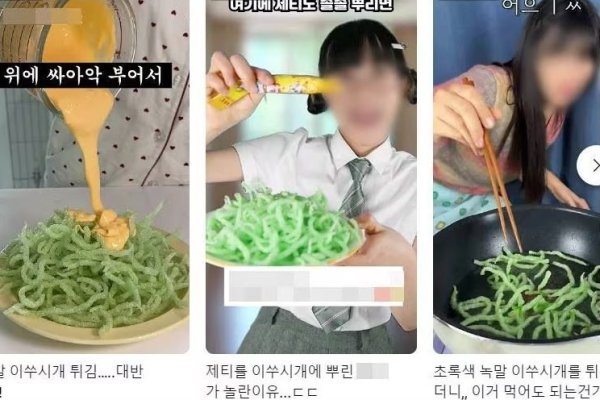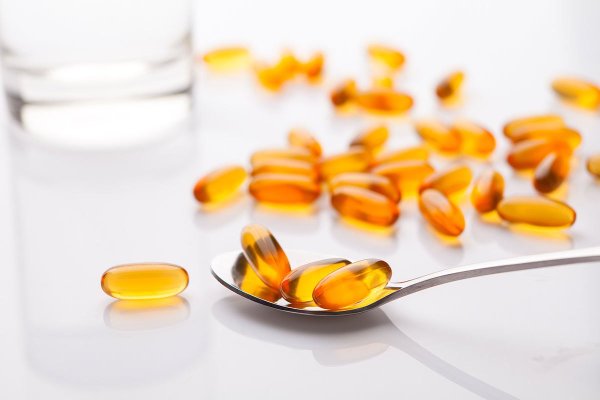Not everyone is suitable for drinking red tea! Nutritionists reveal that 5 types of people should not drink red tea: be healthy and malignant
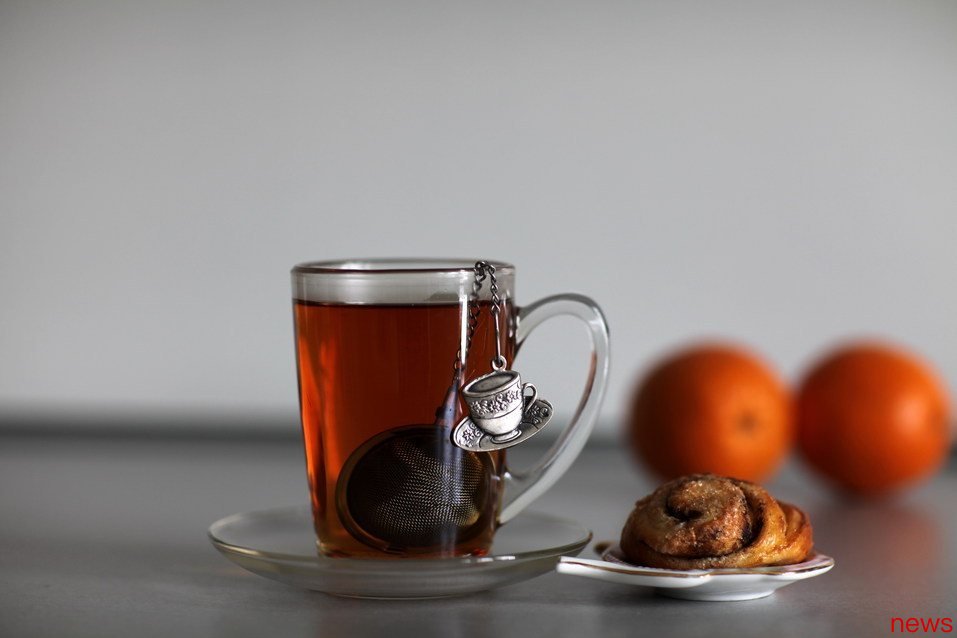
Red tea is the most common variety in tea. When you want to relax or have afternoon tea, red tea is often the first choice. Everyone knows that tea is a healthy drink. There are five ethnic groups that are not suitable for drinking red tea. Japanese nutritionist and leuko health consultant asked Yamaguchi Miho (Yamaguchi Misa) who should avoid drinking red tea.
Ingredients of red teaSome of the ingredients contained in red tea are beneficial to the body, but may also have adverse effects on some people.
Caffeine
Caffeine
Caffeine is a source of bitter taste in red tea, which has the effect of refreshing and diuretic.
eratin
eratin is a type of polyphenol. It not only exists in red tea, but also in green tea and uron tea. Thermosin has antibacterial and detoxifying effects, so it is said to be helpful in preventing colds. In addition, it also has antioxidant, inhibiting blood sugar rise, and preventing obesity.
Nanic acid (tanninic acid)
Nanic acid is a source of red tea flavor and a type of polyphenol. It has antioxidant effects, helps to aphrodisiac and anti-aging. In addition, it may also improve blood sugar and calcium sterol values, and even have anti-cancer effects. It is a very helpful ingredient for health.
Who is not suitable for drinking red tea?Although red tea has many health benefits, drinking red tea will be detrimental to the body for people with some physical and medical conditions. The following describes several types of people who should avoid drinking red tea. It is recommended to pay attention to the amount of food or avoid drinking according to their personal quality or health.
1. People who are sensitive to caffeine or caffeine poisoning have a refreshing effect, but people who are sensitive to caffeine may experience symptoms such as headache, head pain, insomnia, and rapid heartbeat.
In addition, some people who consume too much caffeine for a long time may also cause caffeine poisoning, including anxiety, anxiety, headache, palpitations and chest aches. In addition to red tea, coffee and energy drinks also contain a lot of caffeine. People who are engaging in these drinks should pay special attention to the amount of caffeine intake.
2. People with weak stomachs
caffeine can promote gastric acid secretion and may cause stomach pain. However, monolactic acid can stimulate the mucosa of the stomach and may also cause stomach inappropriateness or pain. If you really want to drink red tea, it is recommended to avoid drinking on an empty stomach, or choose a milk tea method that adds milk to reduce the irritation.
3. People with kidney disease or urinary tract stones
Red tea contains the ingredient "oxalic acid" and will be excreted from urine after treatment of the kidney. However, if too much oxalic acid is taken, it may not be completely excreted. The excess oxalic acid will crystallize in the kidneys, leading to kidney disease or kidney stones (urinary tract stones). If you already have this disease, please pay special attention to the amount of oxalic acid intake to avoid malignancy.
4. People with obstetrics have a single acid in red tea that can hinder iron absorption. Therefore, if you have obstetrics, it is recommended to avoid drinking red tea immediately during or after meals. If you really want to drink it, it is recommended to choose a lighter red tea.
5. People taking asthma or bradytitis drugs
People with asthma or bradytitis may be taking the tea sausage drug (Theophylline). If this type of medicine is taken with caffeine, it may reduce the efficacy of the medicine and may also have side effects such as headache and palpitations. Since red tea contains caffeine, it is recommended that people taking medicine should avoid drinking.



